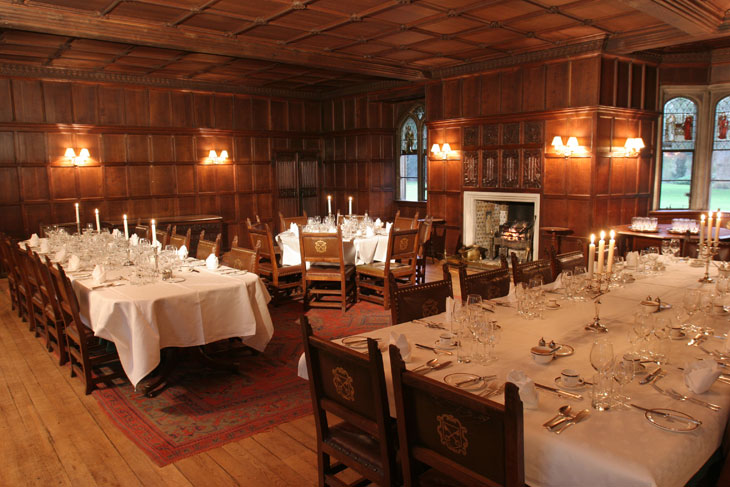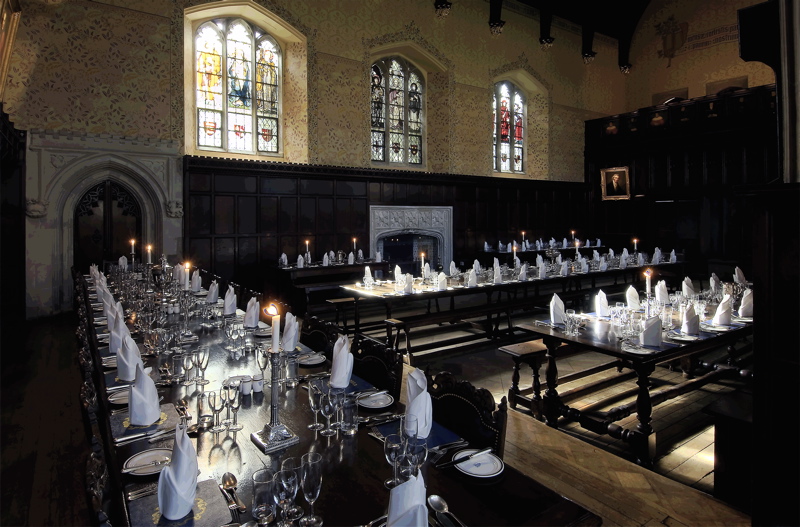CNMBT11 Symposium
Nanocarbon Composites Symposium
NT11 - Satellite Symposia's
Dinners - CCTN11
The Computational Challenges and Tools for Nanotubes (CCTN11) symposium dinner will be held in Peterhouse, the oldest of the Cambridge Colleges. Peterhouse was founded by Hugo de Balsam, Bishop of Ely in 1284 and granted its charter by King Edward I. As a charitable institution dedicated to education and research, Peterhouse has made its own distinctive contribution to the society for over 700 years, surviving the Reformation, Civil War and the upheavals of every century since. Peterhouse remains the smallest of the colleges in terms of number of Fellows and students, but has remained at the centre of innovation, across a spectrum of subjects from the most evidently practical to the most apparently esoteric. Throughout its history, 'Petreans' have been at the heart of the political, social and religious controversies that have shaped the society. The computer takes its inspiration from Charles Babbage. Lord Kelvin brought electric light to the College second only to the Houses of Parliament, to mark Peterhouse's 600th anniversary in 1884. Sir Frank Whittle and Christopher Cockerill gave the world the jet engine and the hovercraft. Four Petrean scientific Nobel Laureates - Sir John Kendrew, Sir Aaron Klug, Archer Martin and Max Perutz - gave a twentieth century lead in Molecular Biology. Peterhouse was and has remained special among the Cambridge Colleges where, rooted in tradition, the boldest of ideas have been championed by successive generations of the brightest young people. The pre-dinner drinks will be served at the Combination Room. Located in one of the oldest parts of College, this fully panelled room is a pre-Raphaelite masterpiece, with stained glass by Burne-Jones and Morris tiles framing the open fireplaces.

The dining hall at Peterhouse was completed in 1290 and, in continuous use by Fellows and students for over 700 years, is the oldest collegiate building in Cambridge. While the structure is medieval, the interior was redesigned in the late 19th century, with dark panelling and Masters' portraits, a minstrel's gallery and William Morris stained glass, stencilling and tiles combining to create a dramatic back-drop for the Graphene Technology symposium.
